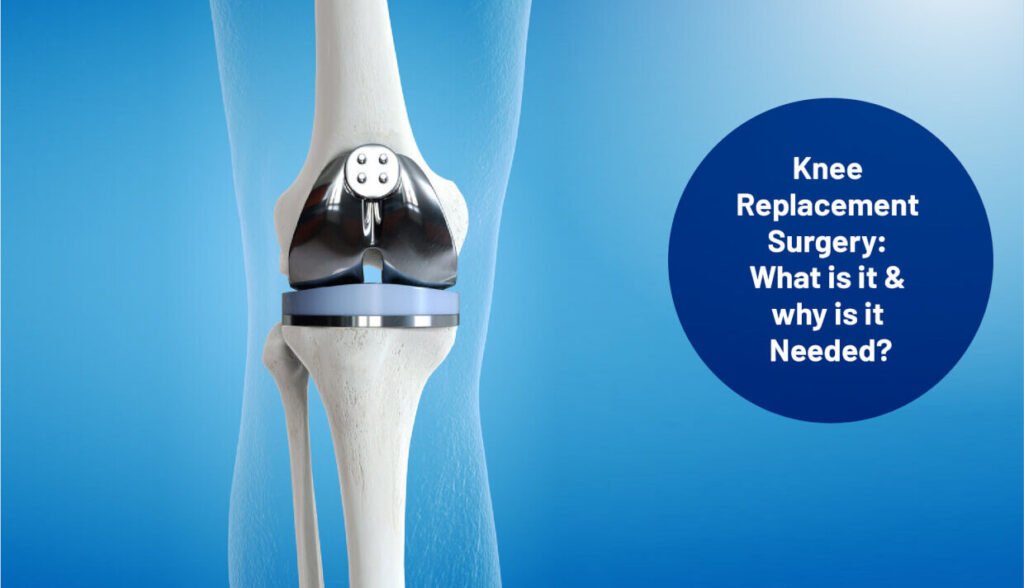The knee is main and most complex joint in our body, helping to move the upper and lower parts of leg. It is also most vulnerable parts of the body. The knee joins femur (thigh bone) to the tibia (shin bone). Tendons connect the knee bones and leg muscles and ligaments join the knee bones. With such complex structure that includes bones, ligaments, tendons and meniscus, the knee is designed to fulfill various functions:
- Makes walking easy
- Acts as shock absorber
- Provides stability
- Allows twisting of leg
- Support the lower body in an upright position
Fast Facts about Knee Replacement
Half the patients of knee problem who are receiving knee replacements are younger than 65
years of age.
By 2030, TKR (Total Knee Replacement) surgeries are likely to grow 3.5 million procedures
annually.
80% of osteoarthritis patients have movement limitation. Knee replacement is carried out on patients who are suffering from damaged knee joint. There are many causes including injury, osteoarthritis and rheumatoid arthritis. If the issue is identified sooner, it is easy to get it treated. But how can one tell it’s time for new knee joint? Below given are some clues:
1. Stiffness
If you are experiencing stiffness which feels something is catching, rubbing or causing knee to freeze, this could indicate the knee joint damage. At such point, fix appointment with the best knee surgeon in India to talk about the stiffness.
2. Severe Pain
Severe pain when standing still or moving the joint indicates there is problem with knee joint. The simple measures such as heat packs or pain killers can help to manage the pain. Remember, these measures are not permanent solution for knee. If pain persists, go to orthopedic surgeon in India to get examined and clarify the true source of pain.
3. Instability
This case is hard to identify. Sometimes, you may notice that you are not confident that knee will support to go up and downstairs. This could lead to falls. But as symptoms become worse, one can become less mobile.
4. Alternative Treatments No Longer Working
Knee Replacement surgery is considered as last alternative. Before recommending knee replacement, patients are asked to try therapies, medication and exercise. If these alternatives offer no relief, then surgery is the only solution.
5. Change in Appearance
The knee is not injured or suffered no trauma but looks different such as swelling, bowed appearance or physical displacement. In such situations, immediate examination is required from the best knee replacement treatment in India. Age is also good indicator of the need for knee replacement.
What is involved in knee replacement surgery?
There are many surgical options which can help to replace part or entire knee joint which will work in the same way as own knee. It can be Bilateral, Unilateral or Total Knee Replacement. The surgery takes an hour to an hour and a half. The recovery depends on various factors – muscle strength, general health and ability to engage in rehabilitation exercises.
Future after surgery
The main point of undergoing surgery is to improve mobility, relieve stiffness and pain. People who had TKR can be comfortable that prosthetic joint will last for 20 years. One can expect to be up on feet within 5 days of the surgery. At first, it might be hard to do it; you may need crutches or a walker to get up. It can take a month to improve flexibility. Furthermore, people may need help from physical therapist, who will help to go through several exercises to strengthen repaired knee. How long physical therapy is required depends on health and how motivated patient is to recover from surgery. After getting discharged from hospital, it is important to exercise knee often, asked by doctor, to strengthen muscles.







